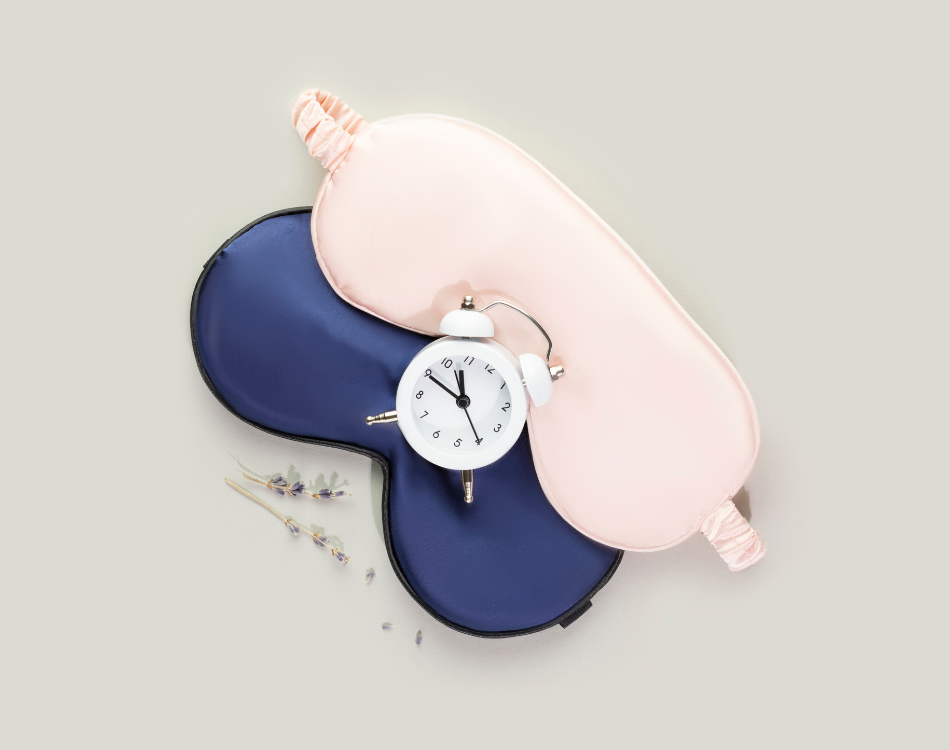We’ve all been there – that night when the to-do list seems a mile long, or the latest Netflix show becomes an irresistible rabbit hole. But while burning the midnight oil might seem harmless in the short term, skimping on sleep can wreak havoc on your entire body, including your precious peepers.
So, how exactly does a restless night translate to tired eyes? Buckle up, because the effects go way beyond just looking a little worse for wear.
Dry Eyes and Discomfort: When you’re catching those Zzz’s, your eyes are hard at work too! They’re constantly producing tears to keep your peepers lubricated and healthy. But when sleep deprivation hits, tear production takes a nosedive. This can lead to dry, itchy eyes that feel gritty and uncomfortable.
Blurry Vision and Eye Strain: Ever squint after a long night? There’s a reason for that. Sleepless eyes struggle to focus properly, leading to blurry vision and eye strain. This can make everyday tasks like reading or driving a challenge, and can also cause headaches.
Bloodshot Blues: Those bright red, irritated eyes are a classic sign of sleep deprivation. When you’re tired, the blood vessels in your eyes widen, giving them that unmistakable bloodshot look. Not the best accessory, right?
Twitchy Time: Notice your eyelid doing the jitterbug? Eyelid twitches, also known as benign fasciculations, are another common consequence of sleep deprivation. While they’re usually harmless, they can be annoying and distracting.
Dark Circles and Puffy Eyes: You might look like you went a few rounds with a heavyweight champion after a sleepless night. That’s because when you’re sleep-deprived, fluid can build up under your eyes, causing puffiness and those dreaded dark circles.
Long-Term Risks: While the above effects are usually temporary, chronic sleep deprivation can also increase your risk of developing more serious eye problems down the line, such as glaucoma.
So How Much Sleep Do Your Eyes Really Need?
Most adults need around 7-8 hours of sleep per night. But listen to your body – some folks might function perfectly on 7 hours, while others need closer to 9. The key is to find a sleep schedule that works for you and stick to it as much as possible.
Sweet Dreams for Healthy Eyes!
Making sleep a priority is crucial for your overall health and well-being, and your eyes will thank you for it! Here are some tips to help you catch those Zzz’s:
- Create a relaxing bedtime routine. Take a warm bath, read a book, or do some light stretches to unwind before bed.
- Establish a consistent sleep schedule. Go to bed and wake up at the same time each day, even on weekends.
- Make your bedroom a sleep sanctuary. Keep it dark, cool, and quiet.
- Avoid screens before bed. The blue light emitted by electronic devices can interfere with sleep.
- Limit caffeine and alcohol in the evening. Both can disrupt your sleep cycle.
By prioritizing sleep, you can ensure your eyes look and feel their best, ready to tackle whatever the day throws your way. So ditch the all-nighters and embrace the power of shut-eye – your eyes will thank you for it!

